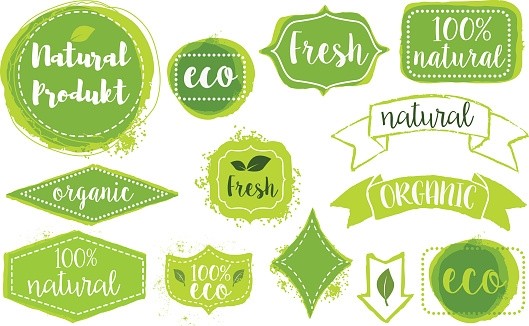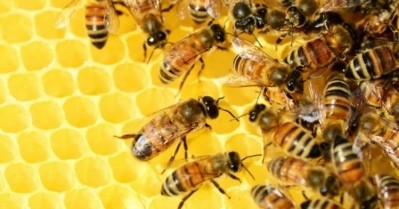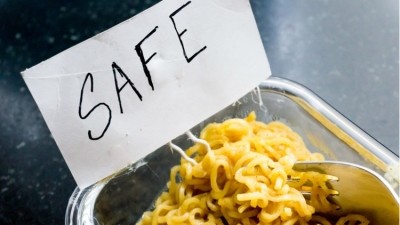‘No more false claims’: FSSAI finalises ban of ‘frivolous’ terms on processed food labels

Upon implementation, food companies will only be able to make such nutritional, health and/or quality claims ‘based on available scientific information and international best practices’.
According to FSSAI via the regulations draft which was released earlier this year, “[Food] business (sic) cannot use the words/phrases such as natural, fresh, original, traditional, premium, finest, best, authentic, genuine, real etc. on the food labels except under specific conditions detailed therein.”
“Foods can be claimed to be ‘fresh’ only if they are not processed in any manner except washed, peeled chilled, trimmed or cut or have undergone other processing necessary for making the product safe without altering its basic characteristic in any manner.”
Additionally, the use of terms that are synonyms or even could mean any of the specified words mentioned above within any company brand names will need to provide a disclaimer stating that “this is only a brand name or trade mark and does not represent its true nature”.
“Such restrictions are primarily aimed at restricting an open-ended use of these words/phrases by food businesses on frivolous grounds,” added FSSAI.
The new regulations aim to ensure ‘fairness in claims and advertisements of food products’, as well as to warrant accountability by food companies.
“We will soon notify the regulations on claims and advertisements, which have got the final approvals from the health ministry,” said FSSAI CEO Pawan Agarwal to HinduBusinessLine.
Other stipulations in the new regulations
Apart from specific term restrictions, other claims that fall under the new regulations include non-addition (no-salt/no-sugar/etc.) claims, nutritional (energy/fat/cholesterol etc.) claims, ‘source-of’ claims, ‘high-in’ claims, low-glycaemic claims, health and nutrient claims, and more.
Food companies will also be prohibited from “[advertising] or making claims undermining the products of other manufacturer (sic) so as to promote their own food products or influence consumer behaviour.”
Comparative advertising that “undermines the importance of healthy lifestyles or portrays the food product as a complete replacement of normal meal are not permitted.”
Further emphasis has also been placed on the importance of promoting healthy lifestyles.
“Advertisements in respect of a food product that undermines the importance of healthy lifestyles or portrays the food product as a complete replacement of normal meal are not permitted,” added FSSAI.
Violators of the new regulations as well as those who are party to the publication of any ‘misleading advertisements’ are subject to a fine of up to INR1mn (US$13,993).



















